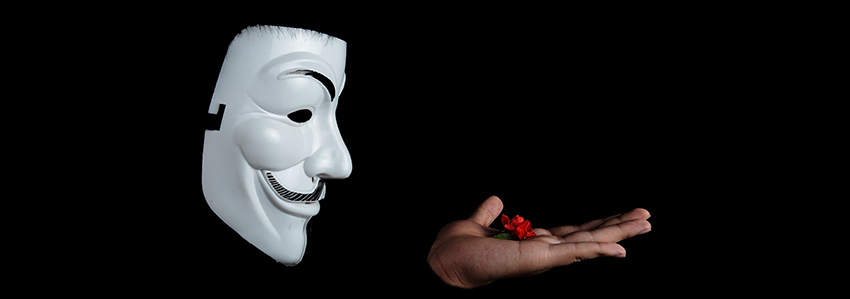“It is not as much about who you used to be, as it is about who you choose to be.”
― Sanhita Baruah
THE IDEA: When I was in elementary school, high school, college, and even during the beginning of my professional life, I would suffer from public speaking panic attacks. It was brutal, embarrassing and a burden I carried for many years. It was a monkey on my back that hindered every part of my life. I had started to believe a lie that public speaking stress and social anxiety had become my story. This was the beginning of my journey researching, studying, practicing, and wrestling with improving my own personal impact. The life experience was the catalyst for a personal development journey I embarked on 33 years ago, and the reason why I wrote a second book, LOOK CLOSER: IDEAS ON REEXAMINING AND ELIMINATING PERSONAL, RELATIONAL, AND ORGANIZATIONAL BLIND SPOTS. This labor of love is filled with ideas, insights, and practices to help anyone confront lies, or blind spots that hold them back.
We all have more bad days than we would ever admit to. Our humanity and an occasional lack of discipline often get the best of us all. When the pressure turns up, we get sloppy, and we often lose our way. I’ve studied human performance for three decades and I am still a novice in managing my own mindset. Some days I am victorious and other days I fail miserably. Our own lives can be humbling which is why we must expand self-awareness. Talent Smart has tested the emotional intelligence (EQ) of more than a million people and found that 90 percent of high achievers have high EQ. They possess the ability to manage their own emotions well and stay in healthy relationships with others. Their internal process centers them and helps them make peace with fear.
Creativity and originality are high-risk, high-reward traits. Coming up with an original idea or approach goes hand in hand with self-doubt for a reason – it’s uncharted territory. To think outside the norm, it’s essential to acknowledge how comfortable the norms can be. We often shy from discomfort and retreat from pressure because we are out of our comfort zones. Being at peace with the forces of volatility, uncertainty, and ambiguity are the prerequisites to creativity and originality. It’s rooted in mindset.
If the inability to be an original and the tendency to succumb to negative outside pressure is one end of the performance spectrum, then the opposite end is overconfidence. Those who are driven by ego frequently miss critical input from peers. They’re unable to admit when they’re wrong, which makes it incredibly difficult for others to break through the thick wall of certainty surrounding them. Additionally, people suffering from these forms of blind spots often lack the ability to unlearn behaviors that served them in the past but now impair their potential.
Only you can remedy the weaknesses in your own life and my book LOOK CLOSER is meant to encourage self-examination and an honest critique. It is also a summary of practices and insights to help you show up better.
What personal, professional, or relational blind spots hold you back? We all have the power to mold ourselves or chisel away pieces that no longer serve us. What’s your process for strengthening yourself?
“Do not get obsolete like an old technology, keep innovating yourself.”
― Sukant Ratnakar

